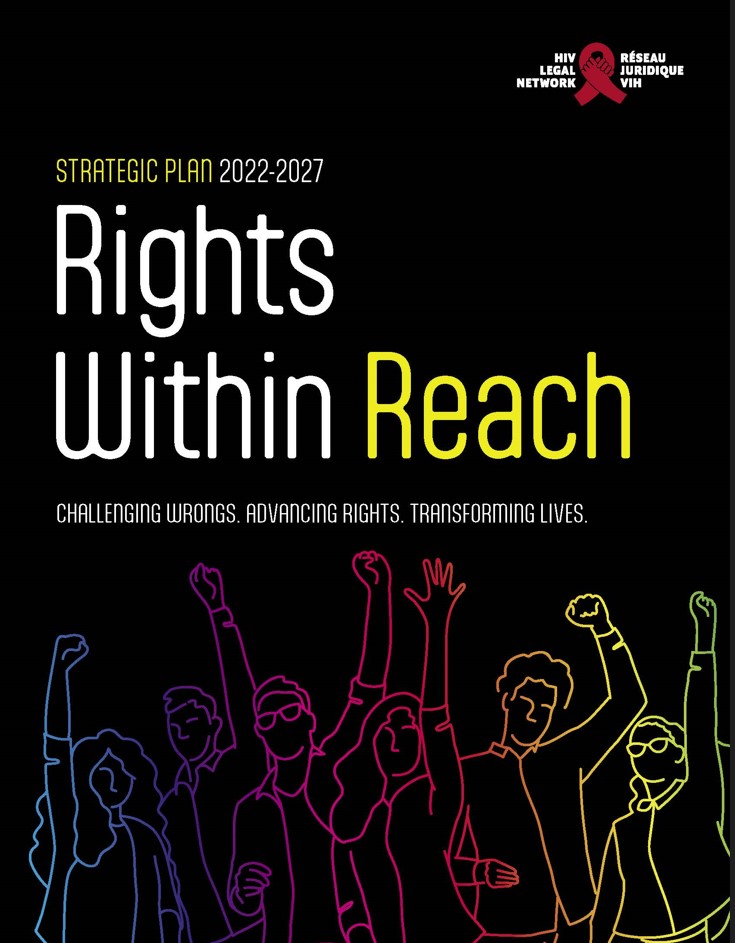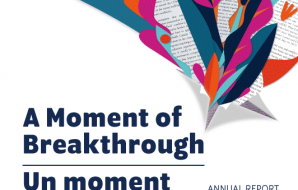Overview
Mass vaccination of populations is one of the most effective ways of fighting infectious disease — but there is not yet any effective vaccine against HIV.
Developing and distributing globally one or more effective HIV vaccines is crucial to ending the epidemic. Vaccine research and development efforts are only one part of a comprehensive response to the epidemic. Other complementary HIV prevention strategies, including microbicides that would help block sexual transmission of HIV, are equally important.
We encourage greater collaboration among activists in the fields of HIV treatments, microbicides and vaccines through our research and advocacy.
Legal questions and human rights issues include
- ensuring informed consent to participate in clinical trials;
- ensuring meaningful involvement of people living with HIV and marginalized people in decision-making about vaccine and other clinical trials in communities where trials are taking place;
- human rights concerns specific to women, children or vulnerable persons involved in such trials (for example, gender inequality puts many women at greater risk of HIV infection because they are often unable to insist on condom use or other safer sex practices with their sexual partners, making vaccines and microbicides particularly important as a means of protection against HIV); and
- ensuring universal access to microbicides and vaccines, once they are developed.
Learn more:
Open Letter to Prime Minister Mark Carney and Foreign Affairs Minister Anita Anand
Download the letter Sign the letter here. The Right Honourable Mark Carney, P.C., M.P Prime Minister of Canada 80 Wellington Street Ottawa, Ontario K1A 0A2 November 7, 2025 Dear Prime Minister and Minister Anand, On behalf of the undersigned civil society and community-led organizations engaged in global health and international development, we take note of … Read more

Rights Within Reach: Strategic Plan 2022-2027
The HIV Legal Network promotes the human rights of people living with HIV or AIDS and other populations disproportionately affected by HIV and criminalization, in Canada and internationally. In 2021, we undertook a planning process that would shape the strategic goals and priorities for the organization’s next five years (2022-2027). To do this, we sought … Read more

Rights Within Reach: Strategic Plan 2022-2027, Executive Summary
In 2021, the HIV Legal Network undertook a planning process that would shape the strategic goals and priorities for the organization’s next five years (2022-2027). To do this, we sought the input of a broad range of stakeholders, from partner organizations to people living with and affected by HIV and criminalization, to staff. All identified … Read more
Respect, Protect, Fulfill: Supporting the HIV Legal Network
Respect. Protect. Fulfill. You can help challenge wrongs, advance rights, and transform lives. Denied basic healthcare. Criminalized and vilified for love. Unfairly targeted by police. These abuses, and more, are too often the experience of people living with HIV and of communities affected by HIV. At the HIV Legal Network, our mission has always been … Read more

A Moment of Breakthrough: Annual Report 2020-2021
Seizing the moment to push for concrete and lasting change.
MEDIA STATEMENT: Canada Must Show Leadership for Global Fund’s Eighth Replenishment
International Frontline Advocates in Ottawa to Rally Support for Critical Programming on Health and Human Rights This statement can be attributed to the HIV Legal Network October 20, 2025 – OTTAWA/TORONTO – Tomorrow — one month from the day that the Eighth Replenishment event for the Global Fund to Fight AIDS, Tuberculosis and Malaria … Read more

